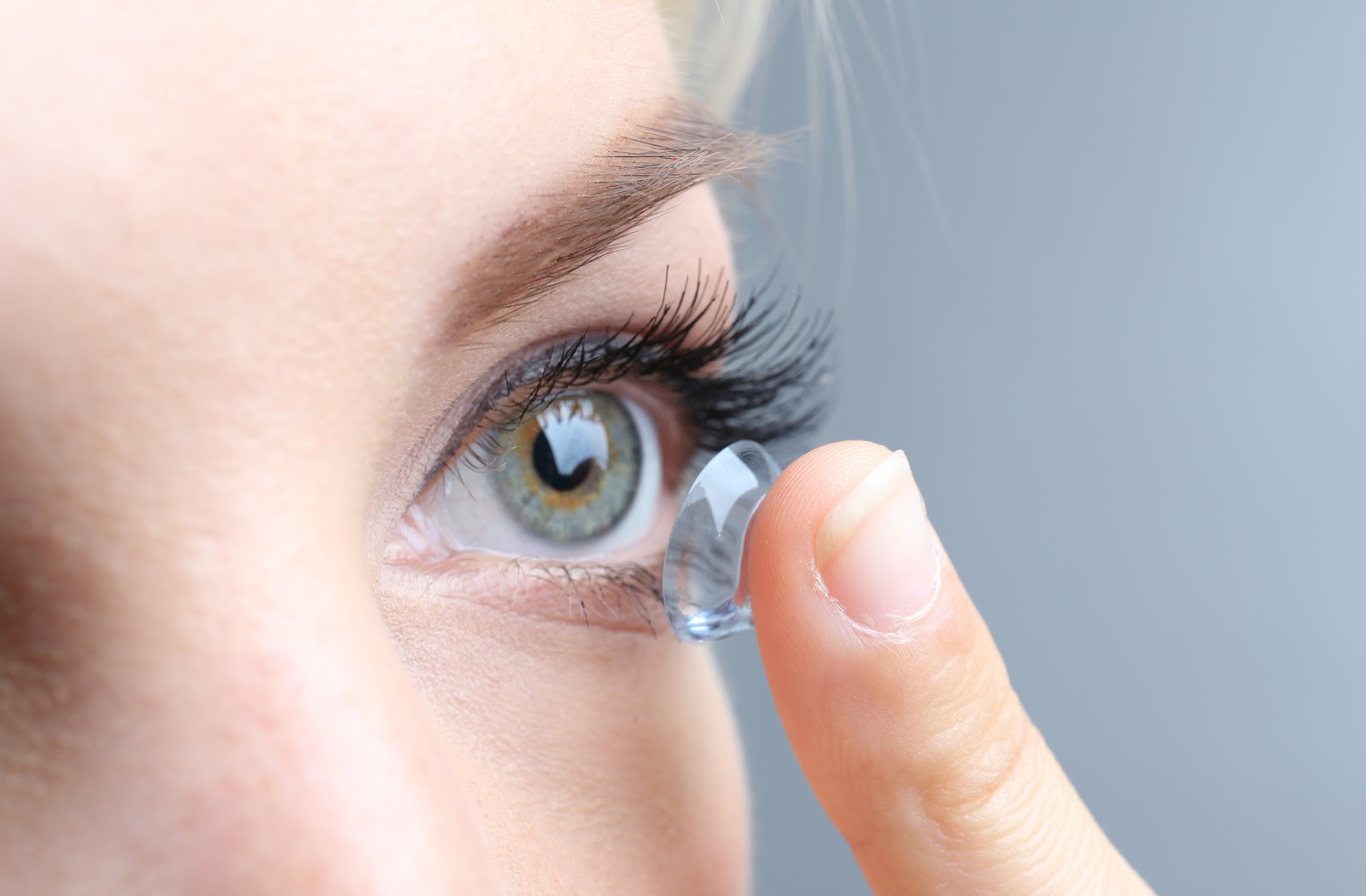Unlocking the Vision Revolution: How to Determine If Contact Lenses Are Right for You
In the fast-paced world we live in, visual clarity is not just a convenience; it’s a necessity. Whether you’re looking to break free from your glasses or simply want to explore new vision options, contact lenses offer a world of opportunity. But how do you know if they’re suitable for you?
1. Comprehensive Eye Exam
The first step in assessing your suitability for contact lenses is to schedule a comprehensive eye examination with a qualified eye care professional. This examination will not only assess your current prescription but also evaluate the overall health of your eyes. It’s crucial to ensure your eyes are healthy and suitable for contact lens wear.
2. Prescription Assessment
During the eye exam, your optometrist or ophthalmologist will determine your prescription, including the specific visual correction you require. They will assess whether you have nearsightedness (myopia), farsightedness (hyperopia), astigmatism, or presbyopia (difficulty seeing close objects). Your prescription will guide the selection of the most suitable contact lenses for your needs.
3. Eye Health Evaluation
The condition of your eyes plays a vital role in your suitability for contact lenses. The eye care professional will examine your eye health to ensure there are no underlying issues, such as dry eyes, allergies, or infections. Addressing any existing eye conditions is essential before moving forward with contact lenses.
4. Lifestyle and Habits
Your lifestyle and daily habits are significant factors in determining whether contact lenses are a good fit for you. Consider the following questions:
- Do you lead an active lifestyle that involves sports or physical activities?
- Are you exposed to environments with dust, wind, or debris?
- Do you have a consistent routine for caring for and cleaning your lenses?
- Are you comfortable with the idea of touching your eyes regularly?
Understanding how contact lenses align with your daily activities is essential to ensure a seamless fit.

5. Lens Type Selection
There are various types of contact lenses available, each designed to meet specific needs. Your eye care professional will help you select the most suitable option based on factors like your prescription, eye health, and lifestyle. Here are some common types of contact lenses:
Soft Contact Lenses: Ideal for everyday wear, soft contact lenses are comfortable and easy to adapt to. They are available for nearsightedness, farsightedness, astigmatism, and even multifocal prescriptions.
Rigid Gas Permeable (RGP) Contact Lenses: RGP lenses provide excellent visual clarity and are more durable. They are often recommended for people with specific vision issues or those who have trouble with soft lenses.
Disposable Lenses: Daily disposable contact lenses offer maximum convenience and hygiene. You wear them once and discard them, eliminating the need for cleaning and storage.
Extended Wear Lenses: These lenses are designed to be worn continuously for an extended period, typically up to a month. However, they require specific care and maintenance.
Toric Lenses: Toric contact lenses are specially designed to correct astigmatism, ensuring crisp and clear vision.
Multifocal Lenses: If you have presbyopia and need both near and distance correction, multifocal contact lenses can provide clear vision at all distances.
6. Comfort and Adaptation
Adapting to contact lenses can take time and patience. It’s normal to experience some initial discomfort as you get used to the feeling of having a foreign object in your eye. However, this discomfort should improve as you become more accustomed to wearing contact lenses. If you find that discomfort persists, be sure to communicate with your eye care professional to address any underlying issues.
7. Consider Your Long-Term Vision
Finally, when assessing the suitability of contact lenses, consider your long-term vision goals and preferences. For some, contact lenses may be a temporary solution, while others may choose them as a long-term vision correction option. It’s essential to discuss your preferences and vision goals with your eye care professional.
At Optical Avenue, we understand the importance of clear vision and the role that contact lenses can play in enhancing your daily life. By following these steps and working closely with a qualified eye care professional, you can determine whether contact lenses are a suitable option for you. Remember that every individual is unique, and your journey to improved vision is a personal one. Whether you choose contact lenses or alternative vision correction methods, your eye health and comfort should always be a priority.



